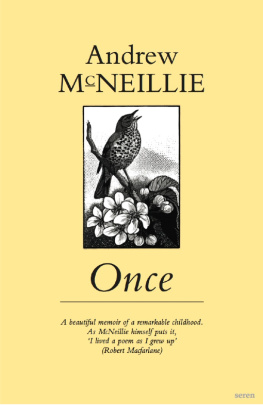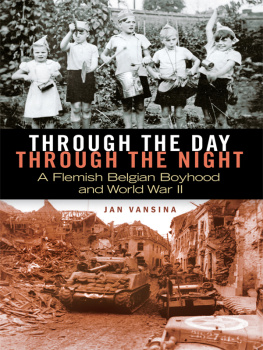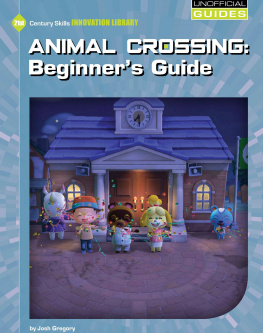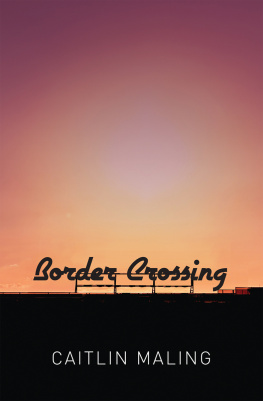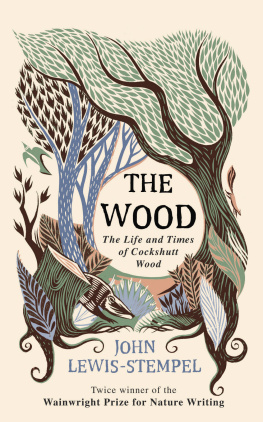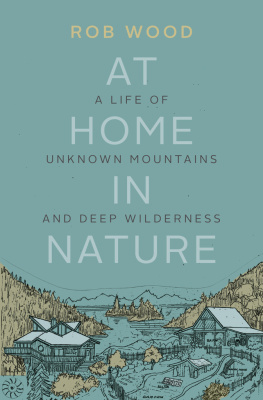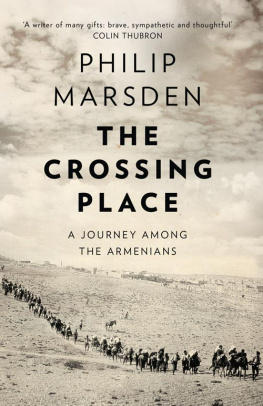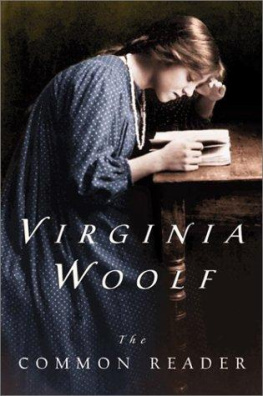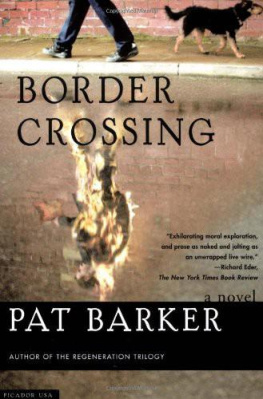He that observeth the wind shall not sow; and he that regardeth the clouds shall not reap.
Ecclesiastes
Tu te rappellera la beaut des caresses...
Charles Baudelaire
Notes
* Folk-lore and Folk Stories of Wales, by Marie Trevelyan.
* A story told in But Hibbou was Special (1964) which called attention to me.
for
Anna-Mae &Isabelle
Once
Andrew McNeillie

Seren is the book imprint of
Poetry Wales Press Ltd
Nolton Street, Bridgend, Wales
www.serenbooks.com
Andrew McNeillie, 2009
The right of Andrew McNeillie to be identified as the Author of this Work has been asserted in accordance with the Copyright, Designs and Patents Act, 1988.
ISBN 978-1-85411-637-6
A CIP record for this title is available from the British Library
All rights reserved. No part of this publication may be reproduced, stored in a retrieval system, or transmitted at any time or by any means electronic, mechanical, photocopying, recording or otherwise without the prior permission of the copyright holders.
Ebooks conversion by Caleb Woodbridge
The publisher works with the financial assistance of the Welsh Books Council
The Known World
The plane came out at the mouth of the Dee before turning west for Ireland. As soon as I saw the black river, at its dissolution in the Irish Sea, on such a clear winters day, I had mentally to blink twice to be sure I could trust my eyes. No, it was not for a minute the murky Mersey, it was the dark-hearted Dee, the black Welsh river far dearer to my heart.
As to my heart, I could only find further warm pleasure in the fact that I flew aboard a plane of the Aer Arann line, my destination Galway. Arann here refers to the Aran Islands, at the mouth of Galway Bay, where, on Inis Mr, I lived for all but a year in my young manhood, a story to which this is the belated prequel.
The thought made me remember how in my youth I had loved to dream over the map of Britain and Ireland. I relished coastlines and rivers most, estuaries, islands, peninsulas, capes, headlands, bays and inlets. I loved them in outline and I loved the words for them. What is called the littoral, life at the margins, and its lexicon, enchanted me, seduced me. The sight of a harbour with fishing boats and the glimpsed lives of those aboard them chastened me especially. Perhaps I should have gone to sea. Whatever I am, Im sure I should not have become what I am. Not at least without the great good fortune of having been born and brought up beside the Irish Sea in post-war North Wales, with a writer for a father.
As I flew I remembered a similar flight to Ireland made when I was four. An unusual event in our lives, it was afforded by a book by my father called No Resting Place , subsequently filmed in Co. Wicklow, by Paul Rotha, with Abbey and Gate Theatre players. The mental footage of that journey reeled in my mind now. Here I was in its slipstream, physically, ghosting my childish progress in both body and mind. My former embodiment had flown aboard a Dakota, from Speke to Dublin. That was on another bright day in 1951, late July, like this one in February 2006, free of muffling cotton-wool cloud.
Theres nothing like an aerial view for showing how fleeting life is, local and lost. The earth literally slips away before our eyes, after our eyes, into our wake. The earth abides forever says the text. But what remembrance of former things is there between generations? Houses rise and fall. Roads come and go. Families die out. Land is consumed by settlement. Villages grow into towns. Rivers are diverted or dammed. Valleys and worlds are drowned. (Cofiwch Dryweryn reads the famous slogan by the road, the most famous slogan in Wales: Remember Tryweryn, the drowned village.) What do our individual labours and endeavours amount to, and our great passions, sorrows, loves and fears, our brave adventures, our little obscure lives, our moments of courage? Dont even mention our pettinesses and vices. Even if we seize the day? And who in reality seizes the day but the day seizes first?
What I write here now, if it sees the light of day, being too soon starved of readers will perish on the air like the May-fly under the alder, where the Dee runs dark as the Styx, beneath brooding Welsh clouds. Yet the printed word once hatched has power of survival second only to the stones. I put my faith in it, against all prospect of disaster. I put my faith in the word. The word made gooseflesh, tingling with remembrance, joy and sorrow, the soul made flesh, grounded in the world. We must make a virtue of what we do when it is plainly not a vice. What else? When we can do no other?
The printed words youre about to read are a relief map of my mind, of the known world, as I knew it once and as I see its lineaments now. I call the sum of them my ideal legendary story. Dont look here for date and fact and mere sequence of events. This is no curriculum vitae. Nor is it anything approaching such a godforsaken thing, such a travesty of being. (As the poet Les Murray revising the Book of Common Prayer has put it: In the midst of life, we are in employment. As I would have added in my youth, in the midst of life we are in education.)
The view from the plane reminded me of co-ordinates that mesmerised me in my boyhood and youth beyond reason: triangulations, between the Red Wood, the Black Lake, the Wooded Hill, and places farther afield. Travel directly west on the same line of latitude as the Wooded Hill, with just a little latitude, and youll come to Inis Mr: another limestone territory too. Go no less directly north across the Irish Sea and youll reach the Ancient Kingdom of Galloway Little Ireland whence McNeillies derive.
How I loved to dream awake along those rectilinear lines. They were lines in a poem. They were my hearts armature. They defined and structured my legendary and imaginative territory. They entranced me and filled me with longing to adventure, to leave, to go the longest way round to come the shortest way home. Now I recalled, as we flew over Llandudno (which takes its water supply from the Black Lake), how in the old grammar school there (recent rubble rebuilt on now), in the sixth form, I had become infatuated by Charles Baudelaires poetry of the voyage. His lines that tell of the child who loves maps and prints, lines that exclaim how big the world is by the sharp light of a reading lamp, could themselves delay me for minutes on end, in a kind of melancholy distraction. Dont ask me why. Passions cant be explained. We come into the world as we are. My siblings havent lived as I have done, remotely. Nor have they lived like each other.
Now, on this day, how small was the world from the air, how big it loomed in memory, how much detail and incident swarmed around that coast, those toy headlands and seaboard hills and limestone bluffs, woods, rivers and mountains, the territory of the Red Wood and seven tiny miles west of it, the Wooded Hill. My mind zoomed in and out, not just from my literal vantage point, in mid-air, but from another world and being, a world of other knowledges amassed and distances travelled without resting place, by one then nearly a sixty-year stranger: how many times removed? But still, for all that, I was unforgetting and vitally grounded there, though time is unforgiving. My minds eye still searched there, compulsive in its quest, and my pulse quickened at sight and thought of that childhood country by the Irish Sea, the plot and ground of my first story. As I looked down on it, I saw it all in detail, in a myriad flashbacks. I saw at once how Id write it, as a triptych comprising: The Red Wood, The Black Lake, and The Wooded Hill. Just as you may read it now, if you please.
Next page
